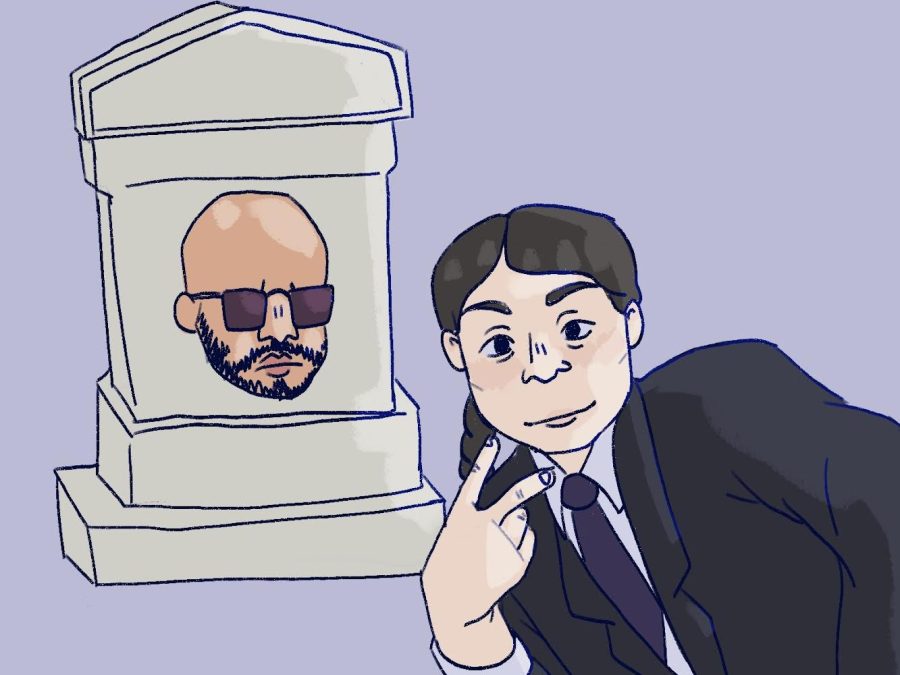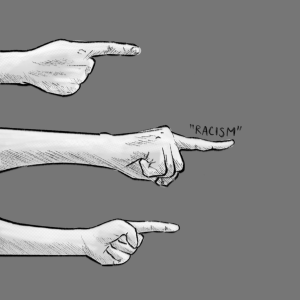The Arrest and Unlikely Cultural Longevity of Andrew Tate
February 12, 2023
On December 29th, 2022, an empire began to crumble. The 36-year-old British-American former kickboxer, social media personality, and businessman Andrew Tate was escorted out of his home by masked police forces in Romania on charges of human trafficking and rape. These charges will likely not end the Tate brand, and it will certainly not destroy his legacy.
Despite what some may have you believe, Andrew Tate is not a genius. He is not a revolutionary. He is not even entirely unique. He’s part entertainer and part snake oil salesman. His strategy of using vulgar, shocking statements as promotion for sleazy courses is a technique employed by countless others, such as billionaire Dan Pena. However, Tate merely made more polarizing and memorable statements in order to become a subject of public discourse. These statements were hateful enough to have him removed from almost every social media platform, before being reinstated to Twitter by Elon Musk.
In his never ending quest for publicity, Tate flew too close to the sun, publicly bragging on Twitter about his many cars and their respective emissions to 20-year-old Swedish climate activist Greta Thunberg. Thunberg hit back with a witty tweet, which prompted Tate to respond in a derogatory video, in which he orders pizza and claims that the boxes will not be recycled. Contrary to popular belief, Tate’s location was tracked using a comb of his social media profiles, and not the pizza boxes. Nevertheless, he and his brother were taken into custody along with two Romanian women. At the time of writing, he remains there, and details continue to develop as more women give testimony, including anecdotal evidence of him saying he “loved raping” a woman who accused him of rape.
Possibly the most harrowing realization about the entire Andrew Tate ordeal is that it reaches far beyond just him. If Andrew Tate is to leave the public eye, others will mimic his strategy. Many prominent online figures have affiliated themselves with Tate, such as streamer Adin Ross, who recently shaved his head partly in honor of him.
Regardless of what you think of him, Tate’s technique is effective. He went from a relatively unknown kickboxer and shady businessman to a household name in a matter of months. His playboy lifestyle and bold traditionalist and misogynistic beliefs garnered him a large following of mostly young men. Tate built his entire reputation online by exploiting the algorithms of TikTok and other platforms. One of his businesses relies on coercing women into performing erotic acts online, and his course “Hustler’s University” is an entirely virtual academy that claims to teach subscribers valuable financial skills.
Tate is a product of the information era, as no one would have been able to spread these beliefs so widely and rapidly in any other time period. Although Tate’s statements are incendiary, we shouldn’t be distracted by the words of one man. Instead, we should ask ourselves if we’re ready for contemporary thinkers and personalities to use social media platforms to control our cultural landscape, and what authority should those who control these platforms have over our society.









